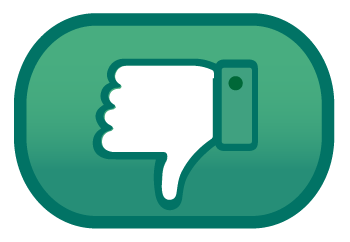Sexual violence can have psychological, emotional, and physical effects. These effects can be difficult, and survivors may experience them at different points in their lives. With the right help and support, these effects can be managed, and you can go on to lead a healthy and fulfilling life. It is important to remember that recovery from sexual assault is possible.
Some of these effects may be caused by the brain’s biological responses to traumatic events. To learn more about what these responses look like and why they happen, visit the Neurobiology of Trauma webpage here.
The psychological, emotional, and physical effects of sexual assault can lead to changes in your interpersonal relationships. Additionally, interactions with friends and loved ones may have an impact on your healing process. You may consider reestablishing or communicating different boundaries in both existing and new relationships to support your healing journey. If you are interested in learning more about establishing and communicating boundaries to your support network, you can find information and support here.
As with grief, there is no universal reaction to trauma, and individuals may experience a wide range of emotions and reactions both immediately after an assault and for months and years after. As you are reviewing the effects below, remember that every person’s healing process is different, and you may experience many of the following effects or none of them. There is no “right” reaction to trauma.


